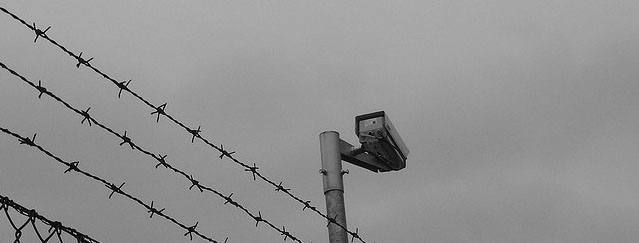

There are two common types of supervision of criminal offenders that are often confused in movies, television and even among legal professionals. However, these two types of supervision, parole and probation, have vast differences that are important to know.

Probation versus parole photo by Manuel Cernuda
Parole and probation are both types of supervision in the community that may be imposed on those convicted of crimes in California. This means that while on probation or parole a person’s behavior will be monitored and they will have to meet certain conditions and check in with their supervising officer. Parole and probation may have many of the same requirements but parole and probation are not the same. The main difference between the two has to do with procedure.
After any person convicted of a felony is released from incarceration they are put on parole. Probation, on the other hand, is a form of community supervision imposed by judge at the time of sentencing and can be given to people convicted of both felonies and misdemeanors. Typically, parolees are supervised by state parole agents and probationers are supervised by county probation officers.[1]
In California, if you have been convicted of felony you will be on parole, either after you are released from incarceration, or after you are convicted and were given time served. Depending on what type of offender you are determined to be, you will either be supervised by state parole or a county-level supervision (also called post release community supervision.).[2] Serious, violent and high risk sex offenders are supervised by state parole, while other parolees are released to county-level supervision.[3] Parole can last for a maximum of four years; a parolee may be recommended for release by parole staff after 12 months based upon parolee behavior.[4]
All parolees must follow conditions of parole in order to avoid being violated. There are some standard parole conditions that include telling your parole agent were one lives and works, obey all laws, not to be around guns, ask for travel pass if leaving the state or county, etc.[5] A full list of standard conditions can be found at https://www.cdcr.ca.gov/Parole/Parolee_Conditions/index.html. Moreover, special conditions can be added to the standard conditions and are unique to the individual.[6]
If you are found to violate your parole you can be incarcerated for up to 180 days.[7] Parole violation hearings for those on state supervised parole are held by the Board of Parole Hearings. Parole violation hearings for those on county-level supervision are held in trial courts.[8]
Probation can be part of a sentence imposed for a conviction. Probation can be given by a judge instead of jail or prison time or in addition to jail or prison time. The court sets the conditions of parole, which may include fines, restitutions, regular reporting to your probation officer, being employed to earn money for support and keeping a record of earnings, drug testing, community service, counseling and education programs, no-contact orders, and obeying all laws, etc.[9]
If you are accused of violating your probation, you will have a probation violation hearing in front of a judge. At the hearing the judge may reinstate you on probation with your previous conditions, reinstate you on probation but change your conditions and make them harsher, or revoke your probation all together and incarcerate you. [10]
There is also something called informal probation, where you would not have to check in with a probation officer. If you are sentenced to informal probation you must still complete all conditions imposed and pay all fines and restitution.
If you have been doing well on your probation and have paid all your ordered fines and restitution, you may be able to help you have your probation terminated.
If you are on parole or probation, the best thing for you to do is to try to follow all the conditions imposed so that you will be able to successfully complete your parole or probation as soon as possible. The sooner your probation or parole is completed, the sooner you may be able to have your California record cleared.